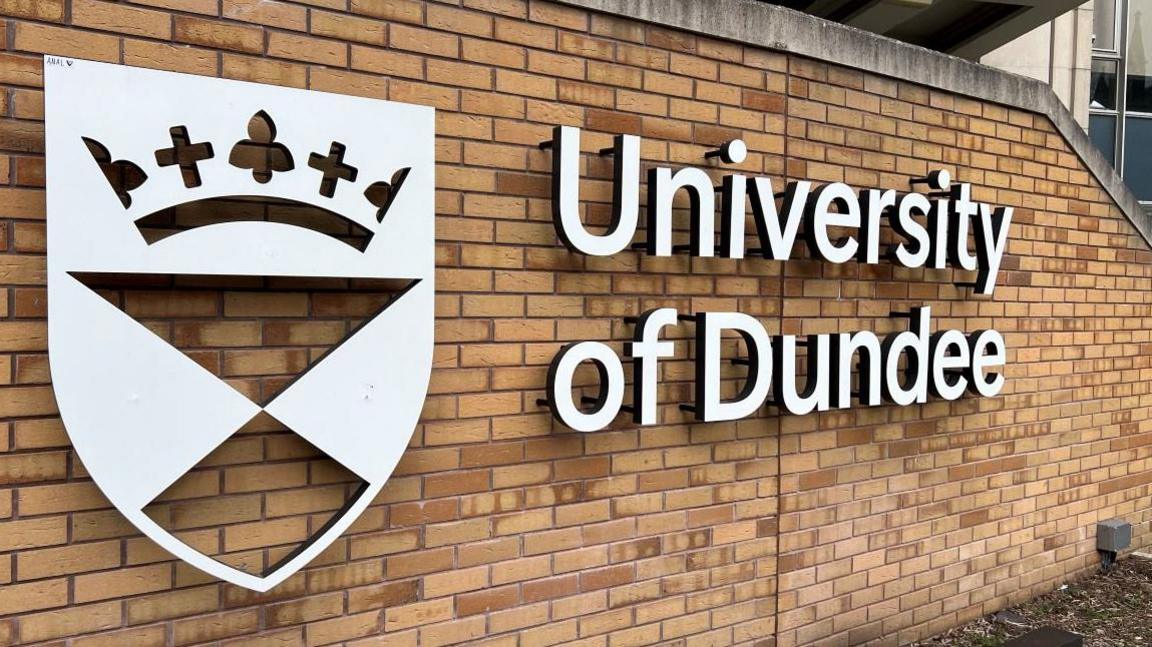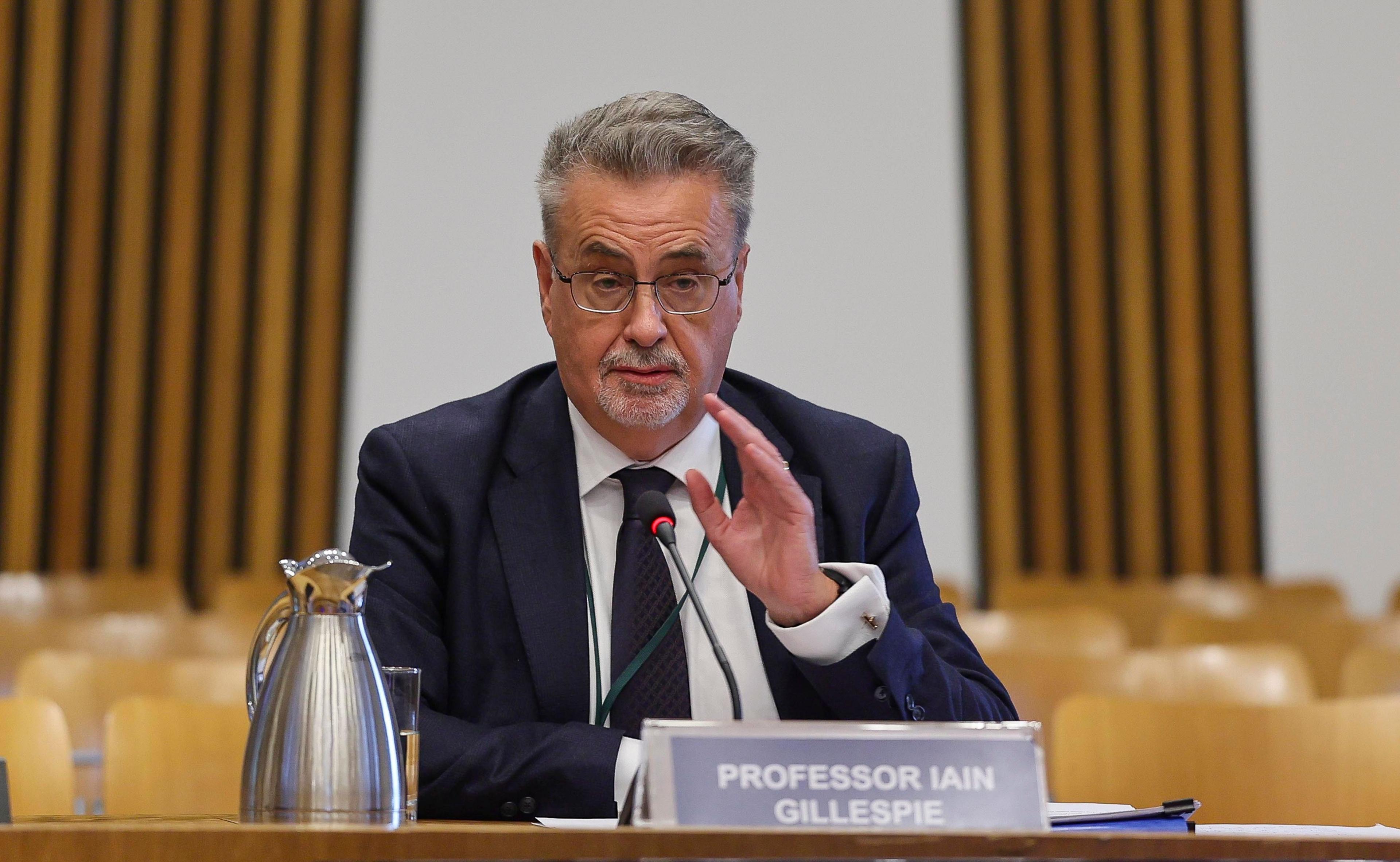Dundee University admits 'clear failings'

The university has received 434 applications for its voluntary redundancy scheme
- Published
Dundee University has published its response to a damning report into the institution's financial collapse that led to a £22m government bailout.
The university said that the Gillies Report, external, which was published in June, had highlighted "clear failings in financial monitoring, management and governance".
It has issued a 65-point action plan, external including daily cash flow monitoring, cancelling or deferring non-essential capital projects, and training in "financial literacy" for all members of the university's executive group, court and committees.
The university also said that it had received 434 applications for its voluntary severance scheme.
Dundee University said the independent report by Prof Pamela Gillies had been a "chastening experience and triggered a time for deep self-reflection".
The university, which currently faces a £35m deficit, said that its "proposed route forward" would require "significant additional public funding".
It received £22m from the Scottish Funding Council in February and will receive an additional £40m from the Scottish government over the next two academic years.
The university is looking to shed 300 roles through the voluntary scheme, after initially forecasting about 700 jobs would go.

Former principal Prof Iain Gillespie was heavily criticised in the Gillies Report
The Gillies Report savaged the university's former leadership team, including Prof Iain Gillespie, who resigned last December.
It found that Prof Gillespie, ex-interim principal Prof Shane O'Neill, and previous chief operating officer Jim McGeorge had acted as a "triumvirate", making decisions among themselves.
It also questioned the quality of information about the university's finances given to other senior officials.
The report said university bosses and its governing body failed multiple times to identify the worsening crisis and continued to overspend instead of taking action.
It said the problems were "self-inflicted" and it should have been clear to senior members of the university that its financial position "was worse than presented".
New Dundee University plan scales back job cuts
- Published29 April
The university has now published its official response to the report.
It acknowledged there had been "a complete breakdown in cash management and expenditure control at the senior level of the organisation".
It added: "While there were significant external factors, which had affected the higher education sector across the UK to varying degrees, the university's response to these, and responsible management of our finances, had fallen well short of the standards that everyone should have expected."
However, it admitted that the situation was exacerbated by "over-reliance on the director of finance for strategic financial decisions, without sufficient independent challenge".
It said members of the University Executive Group (UEG) were focused on their own portfolios, with "limited cross-functional financial accountability".
The university said that the Gillies Report was clear on the "dominant nature of the most senior leadership in the university."
It added: "This led to a hierarchical culture, characterised by hubris, the suppression of dissent, and fear of speaking out, resulting in an inability for staff to challenge constructively."
'Chastening experience'
The university is proposing a series of actions that will be taken in the short, medium and long term, designed to ensure the university has a sustainable future.
These include daily cash flow monitoring and the implementation of further cost controls to reduce discretionary spending, such as travel.
Former principal Prof Gillespie was criticised last year for making costly trips abroad, including a £7,000 trip to Hong Kong.
The university said a new monthly management reporting process had been implemented to ensure that "management accounts are formally presented to senior management and the university court."
There are also proposals to overhaul the court and to appoint a permanent principal with "experience of transformation and change and with a people-focused leadership style".
It will also schedule a programme of monthly "town-hall" events to listen to the "concerns, hopes and ideas of staff and students."
The response concluded by saying: "The circumstances surrounding the Gillies Report have been a chastening experience and triggered a time for deep self-reflection.
"They present a unique opportunity to renew and refresh the university's covenant with its community—staff, students, alumni, the court, research partners, third party stakeholders, and the city of Dundee."